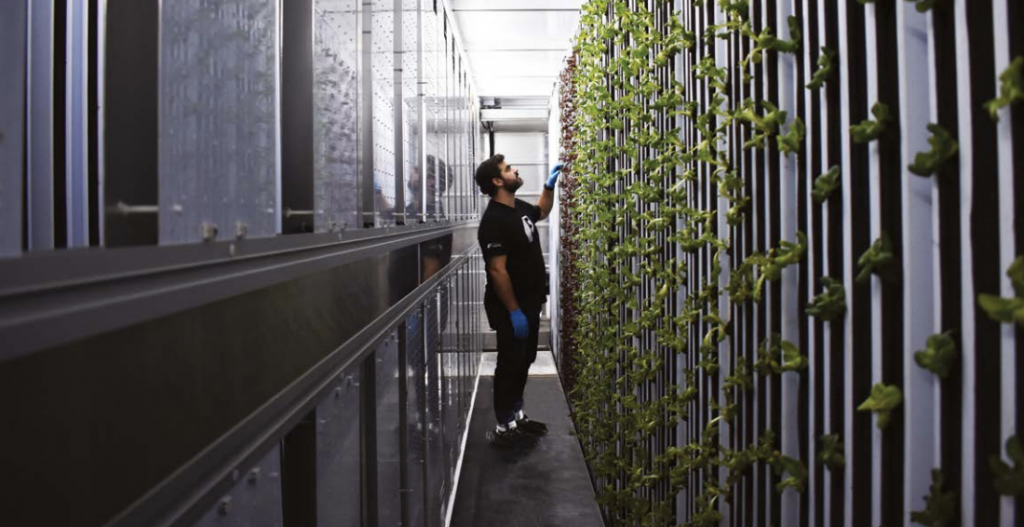
There are numerous reasons for the present-day lack of employees, who are unavailable for job openings in the hospitality industry. The market for other jobs is extremely tight offering high paying jobs and sign on bonuses. The competition is aggressive and competitive. There are also ongoing problems, such as the retirement of the baby boomers; ; the ongoing issues of Covid-19, plus its variances, which resulted in lay-offs of hospitality employees.
Many employees then did not return to work due to the stimulus plan, plus unemployment benefits, which were frequently more money than their prior salaries and benefits. Low wages and benefits, school closings – which leads to a lack of affordable childcare and increased food foods for, as many children were on reduced or free meals – have also contributed to the problem.
Mask wearing and an increase in homeschooling lead to emotional and health problems; for some members of the family this resulted in divorce and increased stress. Public foodservice outlets were concerned about mask wearing and direct contact with customers who may have not been vaccinated. Inflation and an increased cost of gas, food and other needed products have hit hard. We all have seen the signs on streets, in windows, of businesses in newspaper and television ads pleading for “help.”
Evaluate, question, act
This problem is now, real and may continue into the future. It involves every step in a continuous circle where we need to evaluate and question everything we are doing. For example, owners and companies need to make a profit to stay in business – this includes having enough employees to keep the operation functioning, workable equipment, and supplies, and adhering to sanitation and safety requirements.
We need to include employees, who have skills, take on their suggestions, listen to their knowledge on how to do the job, and pay attention to available short-cuts to participate in updating systems, equipment and supply needs.
Work closely with human resources to devise fair wages and benefits for all employees. Wages are one of the most expensive item in a budget – so review job descriptions, streamline, combine tasks, and eliminate others. Where applicable, work with the union. Employees who are treated fairly and make a living wage, are usually the best employees.
Question every policy and procedure
Employ technology to reduce the redundancy; install equipment that is simple to use and maintain, and uses energy and water efficiently; implement training programs for cross- training and promotions; reduce overstocking (but always have emergency supplies on hand).
Question every policy, procedure; evaluate menus; question if changes are required? Is there a need for so much choice? Offer what the customers want.
One further suggestion would be to have FCSI appoint a high-level group of representatives, from all segments of the industry (including education), to evaluate what each segment can contribute to the betterment of the industry.
Some suggestions would be: installing easier-to-use equipment, promoting sanitation and safety; developing meal packets for a new, one-step preparation enrol, promising employees the opportunity to move forward though educational programs and, where possible, increase the benefits and salaries. This group must work in harmony.
Another suggestion for your own facility or counselling clients: evaluate everything about the operation. Can jobs be combined? Offer fewer choices, and overall, make the operation more efficient.
With all the needed changes, regulatory standards, inspections requirements, and state and US government rules and regulations must be followed.
Ruby Parker Puckett FFCSI




